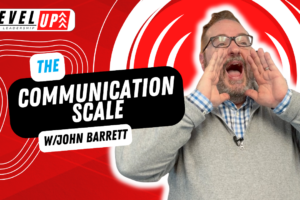Assume You’re The Problem
One of the greatest attitudes to display when confrontation occurs is that of responsibility. Genuinely looking in the mirror and realizing that your actions, or maybe even your inaction, may have caused the issue, is a sign of maturity and great leadership. Effective leaders live by the window and mirror principle. The window and mirror principle illustrates that when the team is doing great the leader looks out the window and gives the team all the credit. But when the team is doing poorly the leader willingly looks in the mirror and asks, “What do I need to do to be a better leader for my team?” Calling people out and quickly casting blame only causes others to back away from opening up. When you assume responsibility from the beginning, you are keeping people from becoming defensive. Some great statements to lead off with when you’re dealing with confrontation is:
- Is there something I have done that has caused this to occur?
- It’s very possible I have miscommunicated and caused some confusion about this.
- I believe I might be missing the full context of what happened, could you clarify what took place so I can understand?
- What do you feel I need to know to fully understand this situation?
Notice how all of these statements assume responsibility with the word “I.” It takes more strength to walk in humility than it does to stand in pride. The moment you start blaming people is the moment they will turn against you. Dr. Stephen Covey taught that to truly connect with people you have to first seek to understand in order to be understood.
“It takes more strength to walk in humility than it does to stand in pride.”
If there is a problem, assume it is you until proven otherwise. This keeps you humble and hungry to learn and develop as a better leader. The moment you think everyone else is the problem is the moment you stop growing and start decaying.









